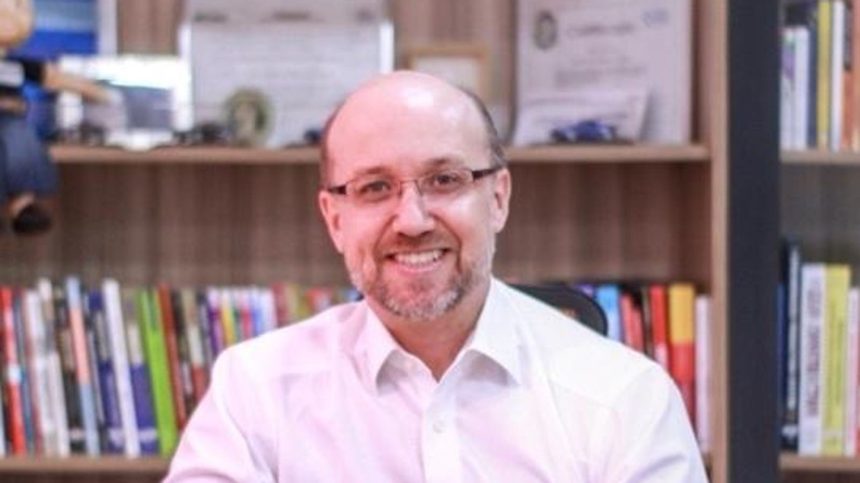Jevandro Barros, a consultant based in Sao Paulo, Brazil, recognized a critical gap in the support system for solo entrepreneurs. Having witnessed firsthand the struggles of individuals transitioning from corporate life to self-employment, he observed that traditional business methodologies designed for large corporations were often ineffective for microbusinesses. This realization fueled his desire to create tailored solutions for this burgeoning demographic. Sao Paulo, a hub for one-person businesses, provided the perfect backdrop for Barros to develop and refine his approach. Drawing on his extensive experience in lean business consulting for industry giants like Mercedes-Benz and Porsche Consulting, he crafted a unique methodology centered on practical education, equipping solo entrepreneurs with the essential skills and knowledge to navigate the complexities of running their own ventures.
Barros’s educational initiatives have manifested in various forms. He has developed a comprehensive curriculum of ten courses and e-books, covering crucial aspects of small business management. His latest venture, Projeto Apollo, is a dedicated community designed to provide mentorship and targeted lessons on critical areas such as strategic planning and cash flow management, fostering an environment of support and collaboration among solo entrepreneurs. Recognizing the power of accessible information, Barros also hosts a popular podcast, further extending his reach and sharing valuable insights with a wider audience. His work is particularly relevant in Brazil’s vibrant entrepreneurial landscape.
Brazil boasts one of the world’s largest populations of microentrepreneurs, with over 13 million registered in 2021. Sao Paulo, Barros’s base of operations, leads the nation in the number of these microenterprises, underscoring the significant impact of his work within this concentrated entrepreneurial ecosystem. The service sector dominates the microbusiness landscape, with hair stylists and beauty professionals comprising the largest group, followed by those in publicity. This highlights the diverse range of industries represented within the solopreneur community and the need for tailored educational support across different sectors.
This abundance of microbusinesses, coupled with Brazil’s leading position in early-stage startup activity globally, paints a picture of a dynamic and entrepreneurial nation. According to the Global Entrepreneurship Monitor (GEM), approximately half of this startup activity consists of one-person businesses, further emphasizing the significance of Barros’s focus on this demographic. However, despite this vibrant ecosystem, Brazilian small businesses face a significant hurdle: sustainability. They experience one of the highest exit rates globally, with many closures attributed to negative reasons, indicating business failure rather than positive exits like sales or retirement.
This high exit rate underscores the pressing need for effective entrepreneurship education and support systems. Barros has observed that many solo entrepreneurs lack access to formal business training, highlighting a critical gap in the resources available to them. His approach involves breaking down the complex process of starting and growing a business into manageable sequences, focusing on foundational elements before progressing to more advanced concepts. For instance, he might dedicate the first six months working with new founders on pre-launch preparations, ensuring a solid foundation before tackling other aspects of the business.
Barros’s targeted approach addresses the specific challenges faced by solo entrepreneurs in Brazil. He recognizes the difficulty in finding tailored resources for microbusinesses and aims to equip them with the complete toolkit needed for success. By providing structured learning and mentorship, Barros empowers these individuals to navigate the intricacies of business ownership, enhancing their chances of long-term sustainability. He believes that the time has come for one-person businesses to make a substantial impact on the Brazilian economy, and his work is instrumental in paving the way for this transformative shift. He provides comprehensive education, addressing both practical skills and strategic thinking, equipping solo entrepreneurs to thrive in a competitive market. He also fosters a supportive community through Projeto Apollo, enabling entrepreneurs to connect, learn from each other, and build valuable networks. Through his multifaceted approach, Barros is contributing significantly to the growth and sustainability of the one-person business sector in Brazil, driving economic development and empowering individual entrepreneurs.



